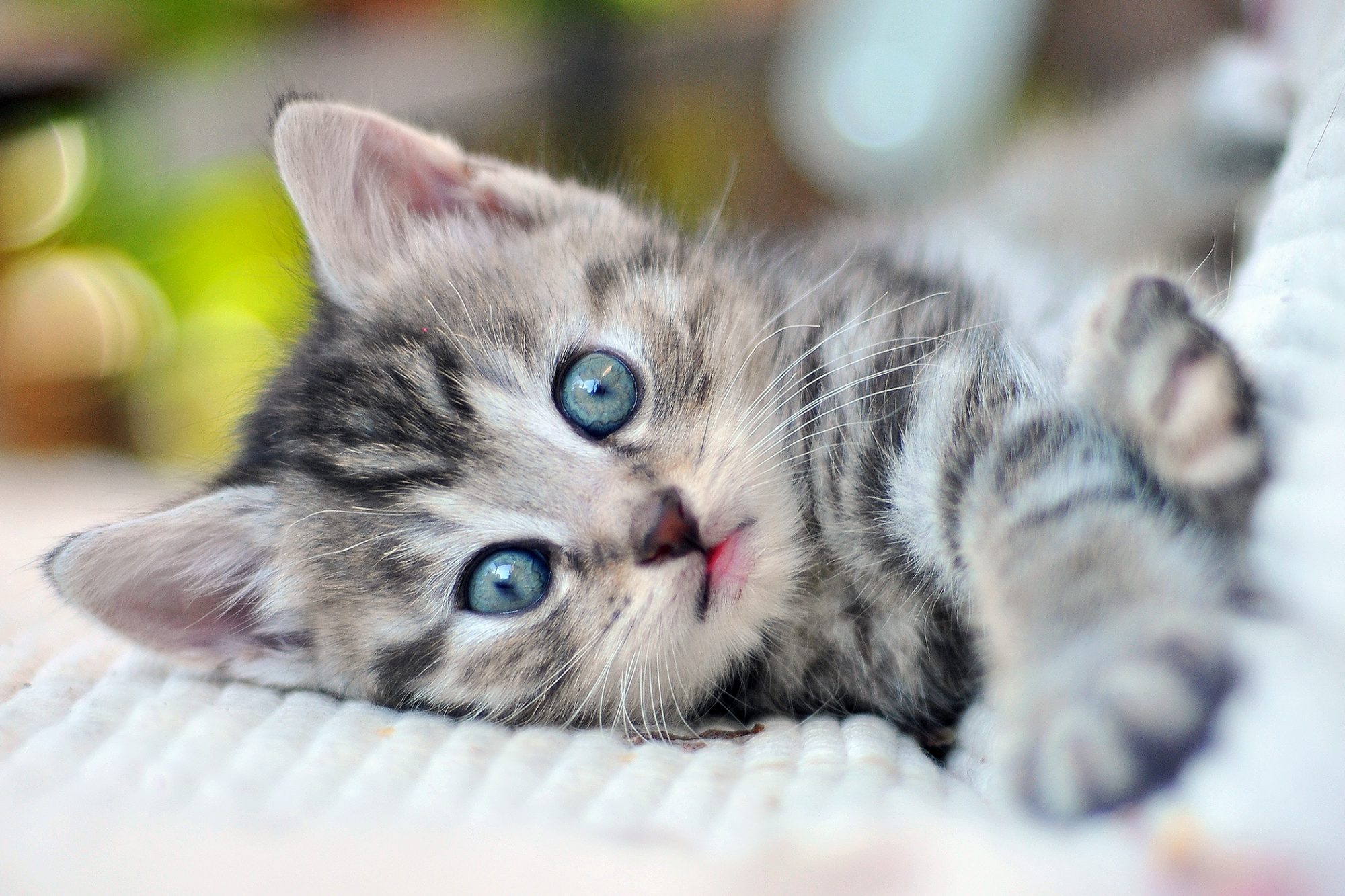Kitten Care – Getting Started

Kitten care doesn’t always involve hands on care by human family members alone. The emphasis of kitten care, in general, is on providing the kitten with the best possible health care and acclimating them to their new household. There are a number of things that new kitten owners need to do to help their kitten grow up healthily. There are also some things that can be done to help keep your kitten safe, as well as reduce the possibility of future health problems.
Providing A Space
The first and foremost thing that you must do to provide a healthy and comfortable home for your new kitten is to take good care of the pet yourself. This means that you should make sure that you have sufficient food and water, that you keep the litter box clean and that you give the cat all the appropriate vaccines on a timely basis. A responsible kitten owner will be aware of all the vaccinations that his or her cat needs before they leave the shelter and will provide these to the cat in their care. It is also a good idea to talk to your veterinary staff about your cat’s health care, so that you and your vet are able to work together to keep your cat healthy. Veterinary staff would be able to tell you whether your kitten needs special treatment or not.
When you bring your kitten home for the first time, it is a good idea to enroll them in an immunization series. These immunizations are very important and will help reduce the risk of your cat contracting common illnesses like measles and rubella. In addition, there are many diseases that can be prevented if your cat is vaccinated. One such disease is feline leukemia virus (FeLV), which has been known to cause serious illness in cats and kittens. It is recommended that all new cats that are to be involved in any kind of cat care take a course of FeLV vaccinations.
After the first week of kitten care, another important part of kitten care will be socialization. Socialization involves making the new kittens familiar with the various things around them. This can be done through scratching posts, a litter pan, and an appropriate scratching post furniture. Kittens need to be encouraged to use these things, as this will help to make them adoptable later on.
After the first week of kitten care, bottle feeding can be introduced into the kitten’s routine. Bottle feeding will make the kitten more comfortable with human contact and human foods. Bottle feeding should continue until the kitten has reached approximately eight weeks of age, at which point they can be given food items that are sold for consumption.
During the last few months of kitten care, the most important thing for owners to watch for is whether or not their cats are hygienic. Cats’ bodies act as filters, removing any potentially harmful pathogens that could potentially harm them. Owners should clean their cats’ intestines regularly, especially after they have been fed solids. If they do not do this, bacteria from fecal matter could potentially harm their cats. To ensure their hygienic conditions are met, cats should be given access to a clean litter box and they should be encouraged to defecate on a regular basis.

